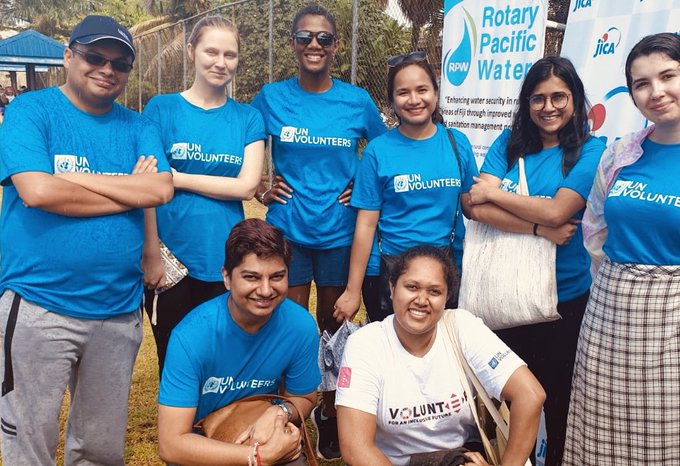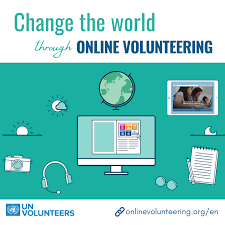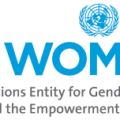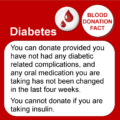The United Nations Volunteers programme is a United Nations organization that contributes to peace and development through volunteerism worldwide. Volunteerism is a powerful means of engaging people in tackling development challenges, and it can transform the pace and nature of development.
The benefits of volunteering for the United Nations are countless. But there are social, emotional, physical, and professional perks. Here are fifteen proven benefits of volunteering, maybe one of them will convince you to get off the couch and out the door to engage with your community.
1. Meet New People and Build Community
Being a part of a team with a common goal will help you form bonds with strangers that can be life-changing. Volunteering for the United Nations inherently means helping people, and that means you’ll be creating meaningful relationships with others and increasing your social interactions.
Volunteering provides a unique opportunity: it connects people with very specific shared values. And the values may not be what you think. In addition to likely having shared concerns for children, sustainable living, healthy eating, or whatever project you’re working on, volunteers are also people who also share things like a willingness to step outside their comfort zone, an openness to spending time on a community effort, a proclivity for engaging in team-oriented activities, and a desire to contribute to the well-being of others.
You’re sure to meet people and make new friends that share common interests, values, and outlooks. Building a community in which you are all working together towards common future goals will nurture your sense of belonging and purpose and expand your support system. This social benefit of volunteering grows into a bunch of other benefits that we’ll continue to explore in this list!
2. Gain Knowledge and Understanding of Other Ways of Life
Volunteering at the United Nations might take you to a new part of the globe you have never been to before. Volunteer programs can give you the opportunity to bring people into your social network you otherwise wouldn’t get to meet and learn from those who come from different walks of life. This experience can expand your understanding of others who are different from you.
Learning about cultures and ways of life that are different from one of your upbringing will increase your social flexibility and expand your world-view. It will also raise awareness of the issues that other people deal with and will increase important social skills like empathy and teamwork.
3. Gain a Sense of Purpose and Become Happier
What an amazing reason to do something! Who doesn’t want to become happier?! Volunteering has been shown to give you a sense of accomplishment and to increase feelings of happiness.
How you may ask?
Throughout your life you’ve developed social and professional skills that promote your personal achievement. Using those skills for a wider, communal impact can be even more fulfilling. Volunteering will enrich your life and give you a broader purpose and can give you a boost of motivation.
Researchers also posit that it’s the social connections you make while volunteering (as we’ve mentioned) that help increase your feelings of happiness. Feeling like you are a purposeful role of your community will make you feel…da da dum…HAPPY! Volunteering is indeed a known mechanism to help fight all sorts of mental issues like depression, anxiety, stress, and anger.
4. Boost Your Self-Esteem
That’s right! Spending time as a volunteer has been shown to improve your self-esteem! The more opportunities you take to learn new skills and gain knowledge, the more fully you will develop as a person. And what safer space to develop those skills than in a context of service. Stepping out of your comfort zone and building new skills is the best way to develop your self-esteem. Volunteering will increase your sense of pride and thus, your self-confidence! When you challenge yourself through volunteering and receive appreciation from others, it can make you feel better emotionally and mentally. Plus, who has time to think negative thoughts about yourself when you’re out saving the world?!
5. Advance Your Career by Improving Job Prospects
Gear up! This one’s a big one! Volunteering for the United Nations will offer you skills that can be used throughout your career development. If you are wanting to change to a new career, especially a new environmental or social impact job, volunteering in that new field can help you develop the skills and knowledge you will need.
When you have a volunteering experience to add to your resume, you stand out over job candidates who don’t take the time to give back to society. Volunteering highlights your character, passion, and determination!
Through your volunteer experiences, you have a chance to show that you’re interested in things bigger than yourself, and you are willing to take action to make the changes you want in the world—and that will always help you shine through the competition.
In addition, volunteering can also give you a better understanding of the issues you are working with and discover where there are gaps in the field. This knowledge can prepare you to enter a new field of work or, for those with an entrepreneurial spirit, volunteering may lead to developing your next business idea or inspire you to start a nonprofit yourself!
6. Accrue the Health Benefits of Volunteering
It’s true! There are many physical benefits that come from volunteering, and most important is that it can help reduce stress! Spending meaningful time with other UNV members can reduce stress and the health effects it has on our bodies. Reduced stress translates into several physical health benefits. You’ll sleep better, get sick less often, and even prevent heart disease! In fact, some studies have even found lower mortality rates in volunteers vs non-volunteers in older adults.
This makes sense because as we give our attention to others, we take our attention off of our own problems and concerns. It can also put our stresses into perspective and feel more gratitude in our day-to-day lives.
Volunteer work at the United Nations can also be an outlet for the frustrations you feel about certain issues and will leave you with a sense of agency and empowerment. Worried about climate change? Do something about it!
7. Increase Your Brain Functioning
Every volunteer opportunity has its own set of tasks, and some of those might require you to learn new skill sets and challenge yourself. This means you’ll be keeping your brain busy and limber! Volunteering has been shown to increase your ability for problem solving, increase your long-term and short-term memory, and reduce your risk of developing age-related diseases such as Alzheimer’s. So time to get started!
How to Volunteer?
Volunteering at the United Nations is a powerful means of engaging people in tackling development challenges worldwide. Everyone can contribute their time, skills and knowledge through volunteer action. If you have free will, commitment, and want to engage and express solidarity for peace and development, you can sign up as a UN Volunteer.
National UN Volunteers
These posts are open to Indian nationals only. UN Volunteer assignments are not salaried, but include a Volunteer Living Allowance (VLA). The VLA is supposed to cover the cost of living and varies depending on the duty station. UN Volunteers are also provided with health & life insurance.
Requirements
The minimum requirements to become a National UNV volunteer are as follows:
- At least 22 years of age
- Academic Credentials – at least a Bachelor’s degree
- Well-qualified and suitable older candidates can serve as National UN Volunteers up to an age covered by the life insurance carrier
International UN Volunteers
International UN Volunteer serve in a country other than their own and are recruited for specialized inputs to development or humanitarian programmes.
Requirements
The requirements to become an International UN Volunteer vary depending on the specific assignment. Please consult the Terms of Reference for each specific post prior to applying. In general, however, one could list the following as minimum requirements:
- Bachelor or Masters degree, or technical/vocational diploma
- At least 2 years of relevant working experience
- At least age 25 when taking up an assignment
- Good working knowledge of English
- Complementary mix of professional expertise, volunteer spirit, dedication and motivation to share technical knowledge and skills.
United Nations volunteers do receive some compensation and other benefits. However, This payment is not considered a salary. UN volunteers receive a monthly Volunteer Living Allowance also known as (VLA).
How to Apply
UNV maintains a global roster of candidates, which allows UNV to respond quickly to requests for volunteers. If you are interested in becoming an international UN Volunteer please register to the roster. UNV will contact you once you are matched to an open position.
For further questions http://www.unv.org/about-us/faqs.html
Looking for online Volunteers?
UN online Volunteers are individuals who commit their time and skills over the internet, freely and without financial considerations, for the benefit of society.
The Online Volunteering service offers a database of online volunteering opportunities submitted by development organizations worldwide. Interested individuals identify opportunities that match their interests, expertise and skills, and submit their applications directly to the organizations, which select the volunteers they would like to engage in their activities.
visit https://www.onlinevolunteering.org/en







